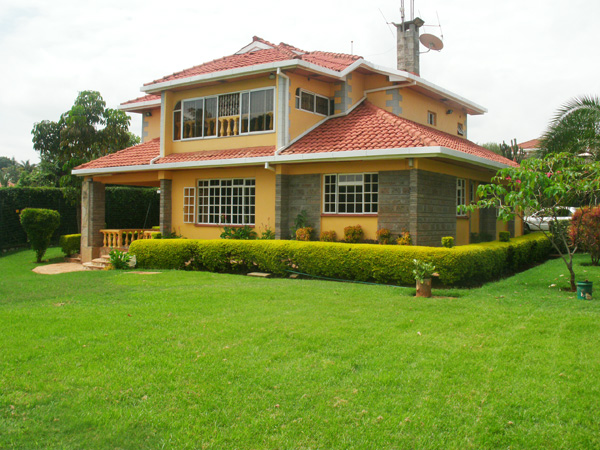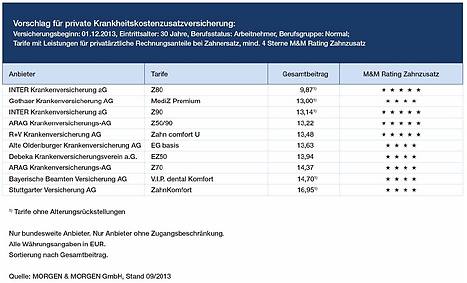Here are a few tips on buying property in Kenya the right way. The tips were shared by Morintat Peter Oiboo, (LL.B HONS, DIP IN LAW,IMIS,CPS I) a lawyer based in Kenya who specializes in Mergers and Acquisitions Privatization, Corporate Restructuring Company law, Joint Ventures, Capital Markets, Tax Law, International/Cross border Commercial Transactions, Public Private Partnerships, Immigration Law.
1. Find a Property you like
2. Find a lawyer before you get into any agreement
3. Investigate the property
- Letter of Offer from land owner
- Agreement for sale
- Loan agreement or Mortgage agreement
When getting a mortgage
Negotiate with the bank on:
- Interest to be paid
- How much the bank can the bank finance?
- Repayment period. The longer it is the more you pay.
- Default clauses mentioned in the agreement
For matrimonial property consent from both spouses required.
Cost Implications
- Purchase price
- Fees for the lawyers representing you
- Legal fees for the lawyers representing the bank to check the mortgage documents, this is given as a percentage of the facility price from the bank or the purchase price.
- Stamp duty which depends on the situation of the property. Municipality 4%, agricultural area 2%, for mortgages 0.1% of purchase price
- Getting a facility from a bank you need consent from commission of lands or city council or the person who owns the head list.
- Valuation cost. The property has to be evaluated to determine the real cost
- Registration fees, paid at the Ministry of Lands
- Insurance fees.
Fundamental Clauses in an Agreement for Sale
- Parties Involved – Who is selling the land? Does the person meet the capacity/legal ownership of the property to enter a contract?
- Purchase price. How much and how are you paying for the purchase price. How much is the deposit? By law: 10% is payable on signing the agreement but can vary depending on seller.
- Duration of completion of transaction. Time period within which the transaction will be completed. Can vary between 30days to 3months depending on your financing institution.
- Condition precidence, what documents should be handed over by the completion of transaction, original title deed, rates clearance form, consent to transfer the property, transfer instruments.
- Possession. When do you take possession of the property?
- Warranty from land owner. Owner has to declare that the land isn’t public land nor a road reserve. When this turns out to be false, then they should refund you.
If you prefer to watch rather than read, then below is an interview of a lawyer based in Nairobi discussing the nitty gritty.






